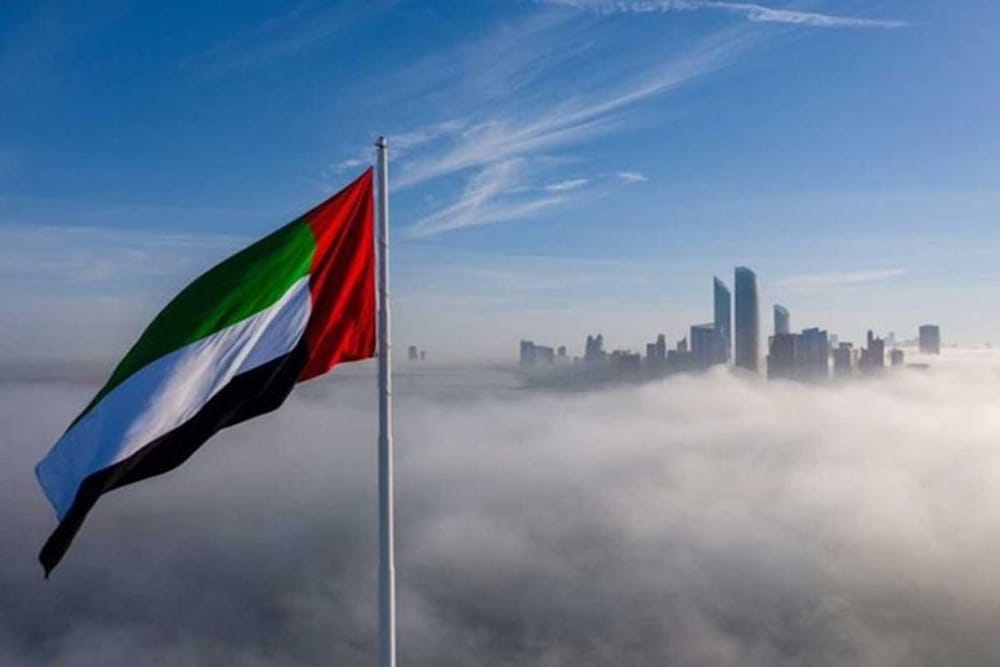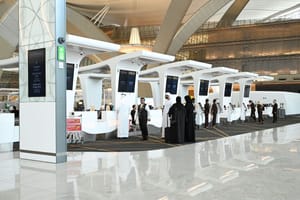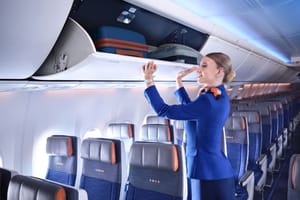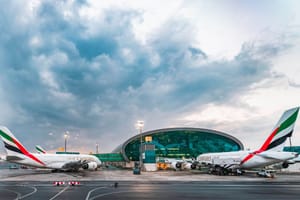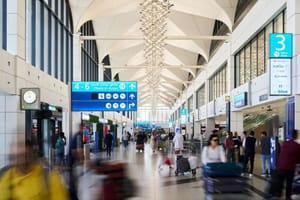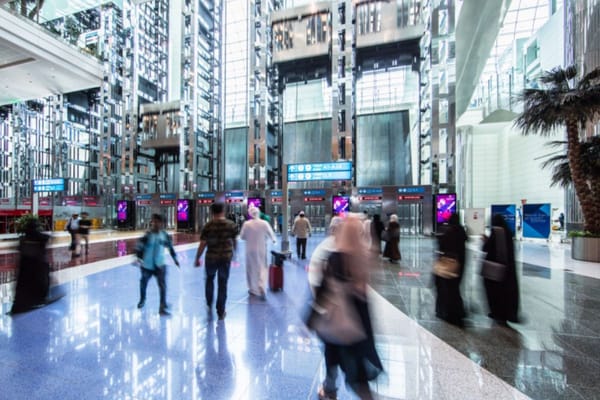The global push for net-zero carbon emissions by 2050 has spotlighted sustainable aviation fuel and alternative fuels.
At the 80th Annual General Meeting & World Air Transport Summit 2024, held in Dubai, discussions emphasized promoting, accelerating, and incentivizing their production to reduce emissions in the aviation industry.
Estimates by IATA suggest that the anticipated traffic of the industry in 2050 would likely generate 1.8 billion tonnes of carbon emissions if fueled by traditional jet kerosene. To achieve net-zero emissions, it is projected that 65 percent of the total emissions reductions will need to be accomplished using Sustainable Aviation Fuel, or SAF. This would equate to more than 360 million tonness (450 billion liters) of SAF annually by 2050, sourced from every available sustainable feedstock.
Maryam Ali AlBalooshi, Environment Manager at GCAA and Vice Chair of the ICAO Committee on Aviation Environmental Protection (CAEP), explained that alternative aviation fuel has become a key priority on the government agenda of the UAE. She noted that the country has taken several serious and deliberate steps to develop an enabling environment for the production of clean, sustainable, and low-carbon fuels for aviation.
The UAE is keen on adopting and supporting all initiatives that serve this direction internationally, believing that international cooperation is essential to achieve a real turning point in the production and operation curve of the civil aviation sector globally.
In this context, Al Balooshi elaborated on the UAE's adoption of the Sustainable Aviation Market (SAM 2025) initiative, which the country plans to organise next year in conjunction with hosting the 4th ICAO Global Implementation Support Symposium in 2025. This market will function as a pivotal accelerator for increasing global production of sustainable aviation fuel and low-carbon fuels. Its primary objective is to provide an environmental platform facilitating communication among project developers, funders, banks, small and medium-sized enterprises, and other stakeholders.
According to figures published on the ICAO website, international efforts to enhance the production of SAF are making continuous progress, as shown in the data below:
- 122 airports distributing SAF
- 53 billion litres under offtake agreements
- 313 Announced Facilities for SAF and LCAF
- 42 feedstocks recognized under ICAO CORSIA
- 23 Stakeholder Action Groups
News Source: Emirates News Agency
